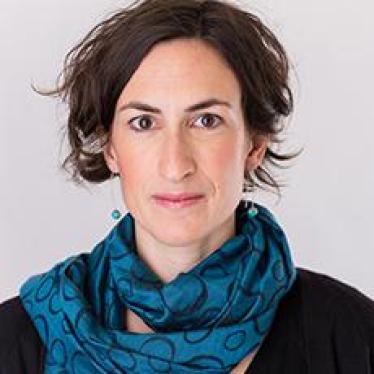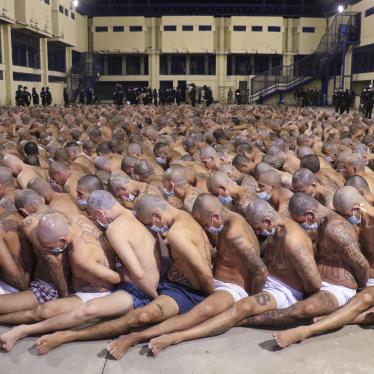Protests erupted in several towns across Ethiopia in response to the June 29 killing of Hachalu Hundessa, a popular Oromo singer whose songs captured the struggles and frustrations of the Oromo people during the 2014-2018 anti-government protest movement. Unidentified gunmen shot Hundessa dead in Addis Ababa, the capital. Hundessa’s uncle was also reportedly killed in Ambo today.
While police claim to have made arrests in connection with Hundessa’s killing, the government’s responses to the protesters risks enflaming long-simmering tensions. On Tuesday morning the government cut internet services across the country, which only amplified concerns that people are being silenced and that human rights abuses and communal violence, having rocked the country last year, are not being addressed.
The internet shutdown has also made it impossible to access information on those killed and injured in the protests. One witness told us: “There is no network. We don’t have any information flow … the government only tells people [they] are investigating, and so everyone is hypothesizing based on current affairs.”
Despite the blackout, credible reports of violence are emerging. A regional government spokesman said that three explosions shook the capital, Addis Ababa, the morning after Hundessa’s killing. Meanwhile, independent media reports suggest that more than 80 people have been killed in the Oromia region and a further 10 people were killed in Adama after a government building was set on fire.
An activist in Nekemte, western Oromia, told Human Rights Watch that three protesters were killed after Oromia police opened fire. A doctor in the town of Dire Dawa said that the hospital had received eight people with gunshot injuries after reportedly being fired at by security forces, and that two soldiers had also been shot and injured.
The government’s response took another worrying turn when authorities arrested political opposition leaders Jawar Mohammed and Bekele Gerba of the Oromo Federalist Congress party, late Tuesday morning after a reported standoff with security forces over Hundessa’s funeral site. Jawar and Bekele were initially held incommunicado, but are now known to be held in Sostegna police station in Addis Ababa. While their families have now been allowed to bring them food and medicine, it is unclear if they have access to a lawyer. Bekele’s son and daughter were also arrested, and their whereabouts remain unknown.
The media has also reported that another prominent political opposition leader, Eskinder Nega, has also been detained.
Rather than restoring calm, the authorities’ internet shutdown, apparent excessive use of force, and arrest of political opposition figures could make a volatile situation even worse. The government should take prompt steps to reverse these actions or risk sliding deeper into crisis.








